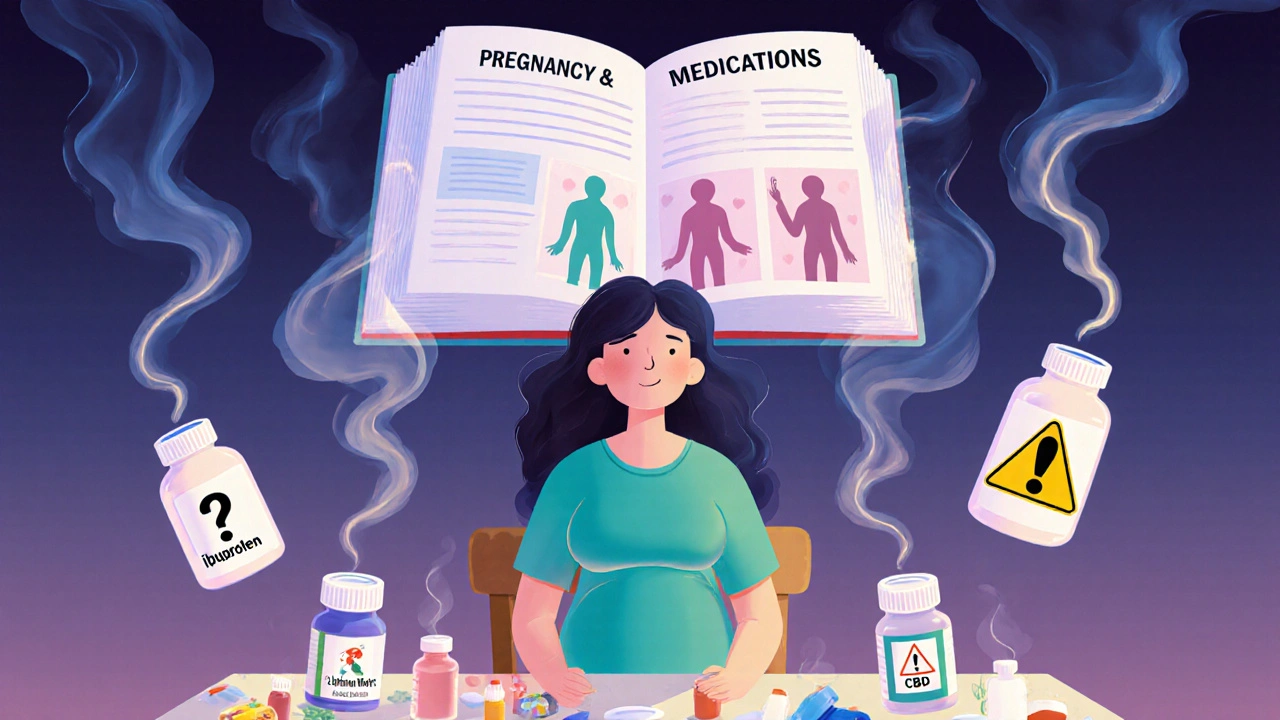Breastfeeding and Medications: What You Need to Know Before Taking Any Pill
When you’re breastfeeding, every pill you take isn’t just for you—it’s also for your baby. Breastfeeding and medications, the interaction between drugs a nursing mother takes and the milk she feeds her child. Also known as medication safety during lactation, it’s not about avoiding all drugs—it’s about knowing which ones are safe, which need caution, and which to skip entirely. Many moms assume if a drug is FDA-approved, it’s automatically safe while nursing. That’s not true. Some medications pass into breast milk in amounts that can affect a baby’s sleep, feeding, or even brain development.
Drugs in breast milk, the substances transferred from a mother’s bloodstream into her milk aren’t all created equal. Some, like ibuprofen or acetaminophen, barely show up at all. Others, like certain antidepressants or thyroid meds, can build up over time. The key isn’t just the drug itself—it’s the dose, how often you take it, and your baby’s age. Newborns and preemies process drugs slower than older babies, so even a mild medication can hit harder. And then there’s breastfeeding and antidepressants, how SSRIs and other mood stabilizers affect infant behavior and development. Some moms need them to function, and many can breastfeed safely with the right choice—sertraline, for example, is often the go-to because it shows up in milk at very low levels.
It’s not just about pills. Even caffeine, alcohol, or herbal supplements can change how your baby reacts. One cup of coffee might be fine for one mom, but leave another baby fussy and sleepless. And while most pain relievers are okay, NSAIDs like naproxen need timing—take them right after feeding to give your baby the longest break before the next dose. The real danger? Taking something because it’s "over the counter" or "natural," then assuming it’s harmless. Some herbal teas, for instance, contain stimulants or compounds that can reduce milk supply or trigger allergic reactions in babies.
What you’ll find below isn’t a list of dos and don’ts from a doctor’s office. It’s real-world advice from moms who’ve been there, paired with clear science. You’ll see how caffeine interacts with meds you might be taking, why some antibiotics are safer than others, and what to do if you accidentally took something you shouldn’t have. No fluff. No fear-mongering. Just what works, what doesn’t, and how to make smart choices without feeling guilty.
How to Prepare for and Ask the Right Questions About Medications with Your OB/GYN
Learn how to prepare for your OB/GYN appointment with a complete medication list, ask the right questions about pregnancy-safe drugs, and avoid common mistakes that could affect your baby’s health.
More
